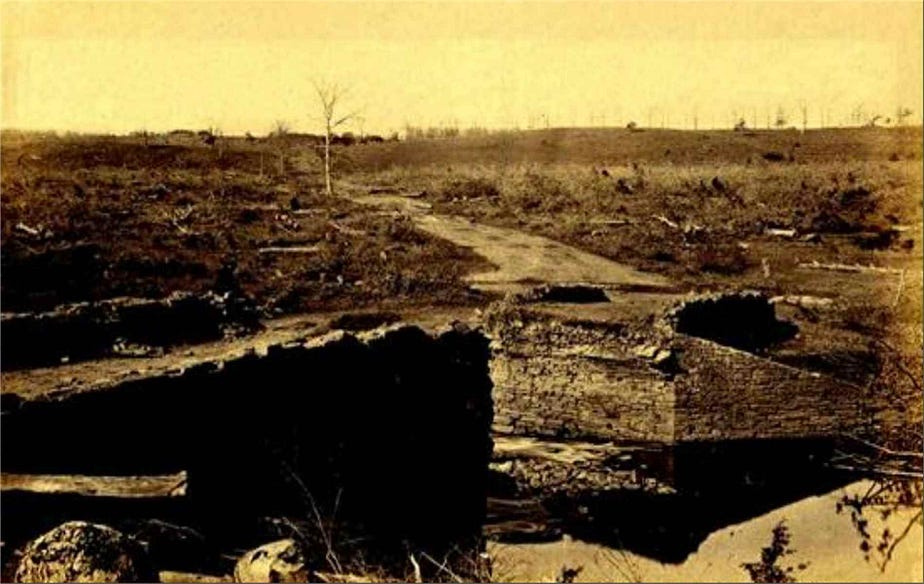History: It’s how we became what we’ve become
When I was a wee lad back in the 50s (yes I’m old) there was a series of children’s books called ‘We were there’. Each book told the story of an historical event, with one or two children being the main characters, through the eyes of the children and from their perspective. I loved those books and read everyone I could get my dirt-stained grubby little hands on. They were what we now call historical fiction, and they introduced an entire generation of kids to history. The books made us feel a part of history and for many of us, they whetted our appetites to learn more. I was lucky because my father was in the Navy and wherever he was stationed we would visit any historical site in the vicinity. I have been on a quest to find out the who, what, why, when, and where of the past events that have shaped the world.

Now I realize that history isn’t everyone’s cup of tea and I respect that. I also understand that many people actually have little knowledge about the actual history of the United States. What history they do know, the history many learned in grammar or high school, comes from textbooks that contain interpretations of past events. Many learned history from the same types of books I read as a child and some think they learned from the movies and television. Few of those textbooks or films used what are known as primary source documents, that is, documents written by the people who were there at the time. Most history taught is also very clean and concise while real history is messy and often unpleasant.
Today many people become angry when real history contradicts the interpreted history they learned in school or that was passed down by parents and grandparents. They want to deny the facts and accuse people of ‘reinventing’ or ‘revising’ history. They also quite often become angry, as if they could somehow go back in time and change history. In some cases, people claim that ‘they would never do such and such because they’re so much more enlightened’. The reality is, no they wouldn’t. Well maybe some would, but for the most part they would be just like everyone else at that time because they would be a product of that time. They would have the same biases, prejudices, and stereotypes that the majority of the people back then had.
The beauty of learning and studying history is once we remove our emotional reaction to the events that took place, we can view them much more clearly. For instance, understanding the devastating affect the diseases brought to the Americas by the Europeans had on the indigenous peoples can teach us to be cautious in new environments. Accepting the reality of events before, during, and after the civil war will teach us about race relations in America and why they are what they are. Present day behavior does not exist in a vacuum, and it did not appear out of nothingness. We are a product of the past, and if we study the past, we might be able to build a better tomorrow.
So I invite you to join me as I travel back in time, and we look some of the people and events that laid the foundation for today.
